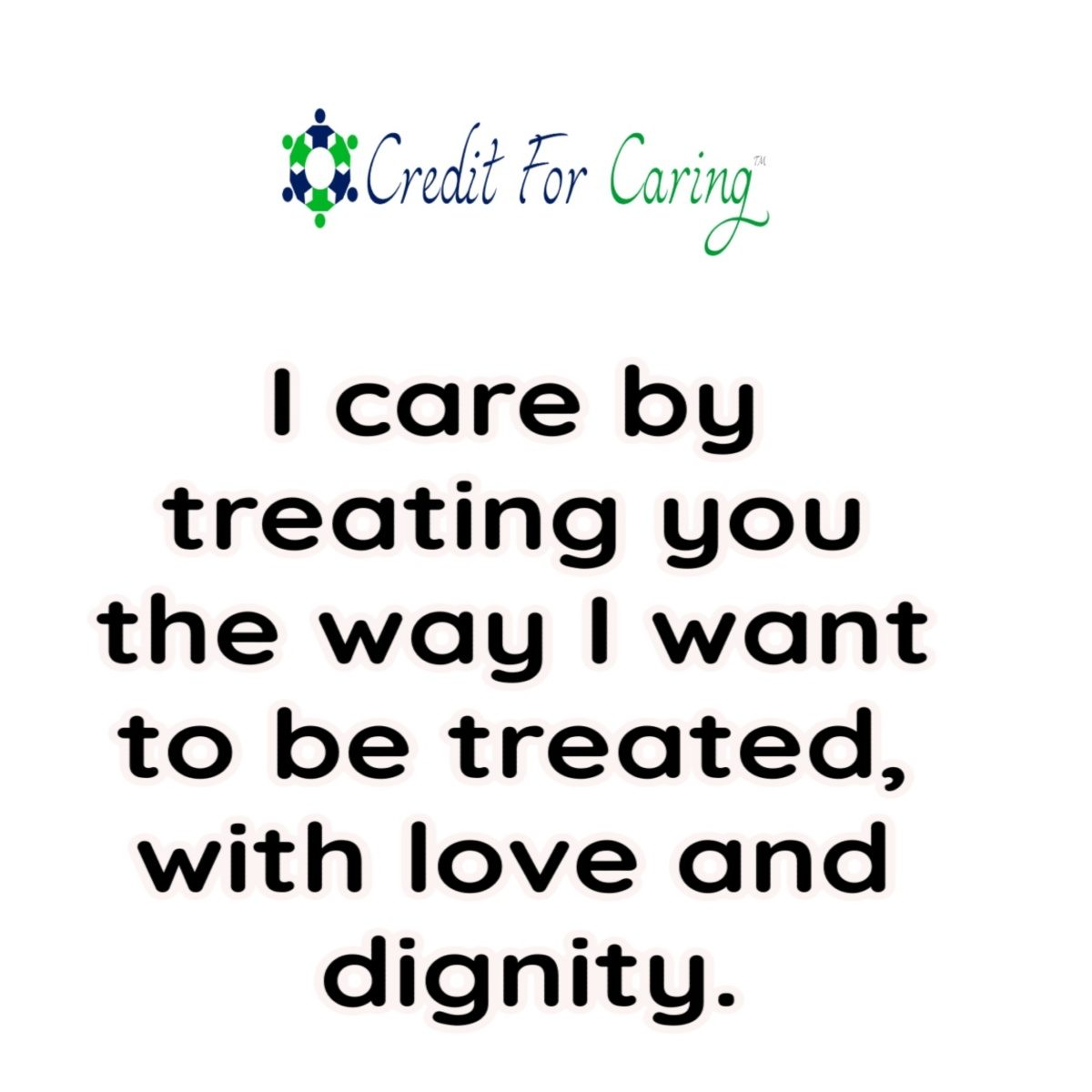
Dignity and Respect Cornerstones of Care
Love and dignity are at the heart of caregiving. Every person deserves to be treated with kindness, respect, and compassion, especially when they are in a vulnerable state. As a caregiver, I remind myself daily that the way I treat others is a reflection of how I would want to be treated if the roles were reversed.
Caring for another person is more than just providing meals, assisting with daily activities, or managing medications. It’s about acknowledging their humanity, their emotions, and their need for connection. No matter what stage of life someone is in, they deserve to feel valued and heard. It’s easy to get caught up in the tasks of caregiving, but I make it a point to slow down, to look into their eyes, and to truly listen. Their stories, their fears, their joys, and their frustrations matter.
I believe that dignity means honoring personal choices, even when it might be more convenient to make decisions on their behalf. It means respecting their independence in any way possible, whether it’s allowing them to choose what to wear, what to eat, or how to spend their day. Even when physical or cognitive limitations make things more challenging, I remind myself that they are still the same person they have always been. They have lived full lives, made countless decisions, and shaped the world around them. They are not defined by their age, illness, or limitations.
Moreover, love is present in the little things—a gentle touch, a warm smile, a shared moment of laughter. It’s found in patience, in the willingness to repeat a conversation without frustration, in taking the time to ease their fears when confusion sets in. Love is being there, not just physically but emotionally, ensuring that they never feel like a burden. It’s about creating an environment where they feel safe, comfortable, and cherished.
There are days when caregiving is exhausting, when the emotional weight feels heavy, but in those moments, I remember why I do this. I think about the love I have for the person in my care, and I think about how I would want to be treated if I were in their position. Would I want someone to rush through the day, seeing me as just a task to complete? Or would I want someone to acknowledge me, to respect me, to make me feel like I still matter?
Every time I offer a kind word, a moment of patience, or a gesture of care, I am not only helping someone else—I am also shaping the way I hope to be treated someday. Love and dignity are not just for the young, the strong, or the capable. They are for all of us, at every stage of life. When we lead with love and treat others with dignity, we create a world where everyone, no matter their condition, feels valued, respected, and truly seen.



